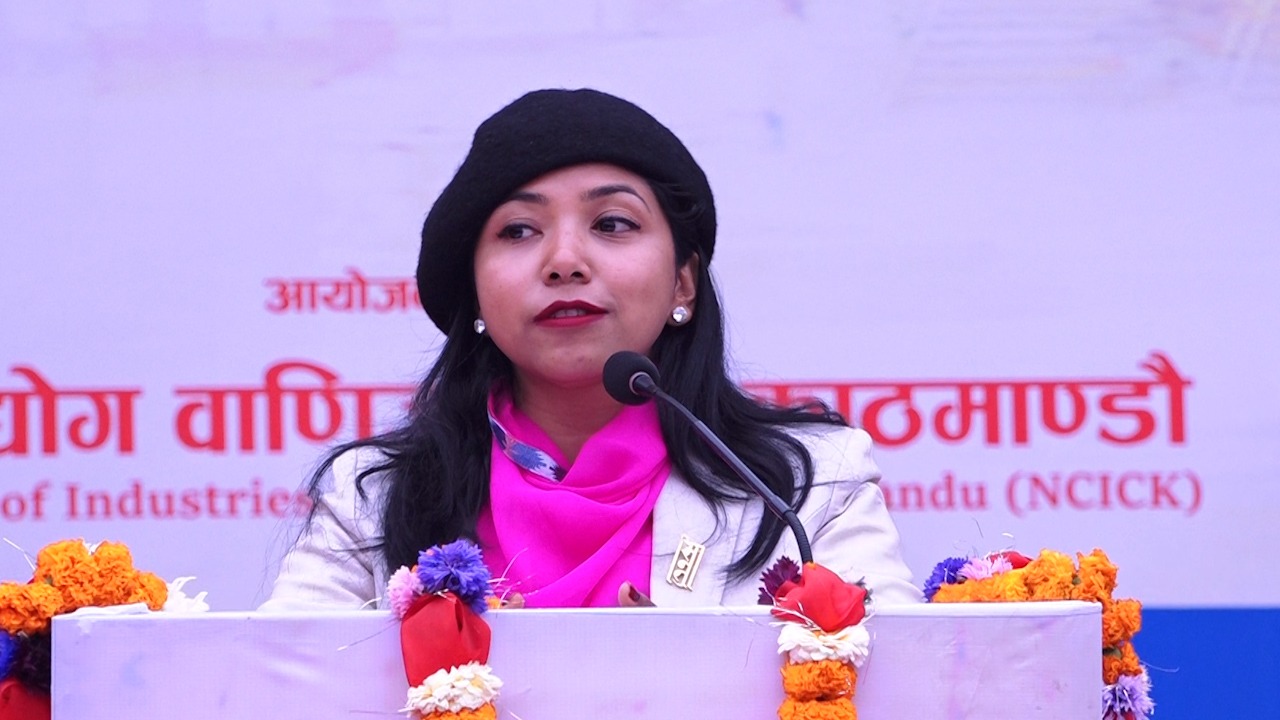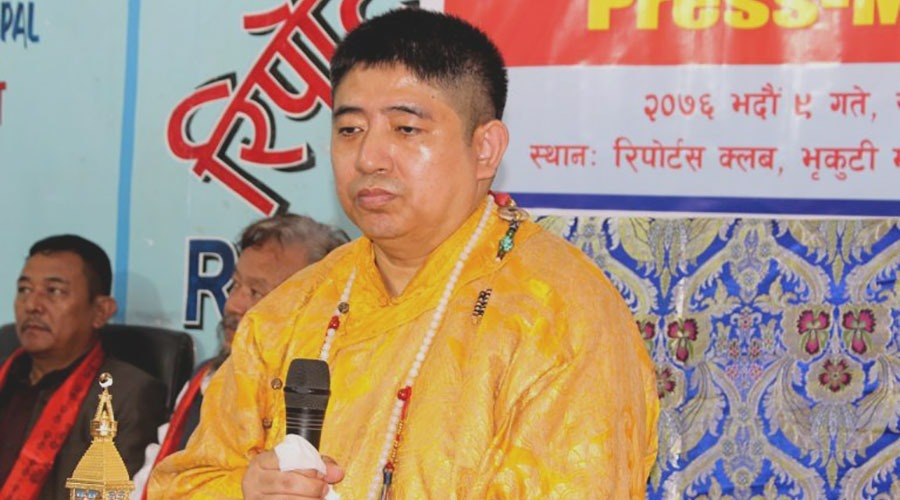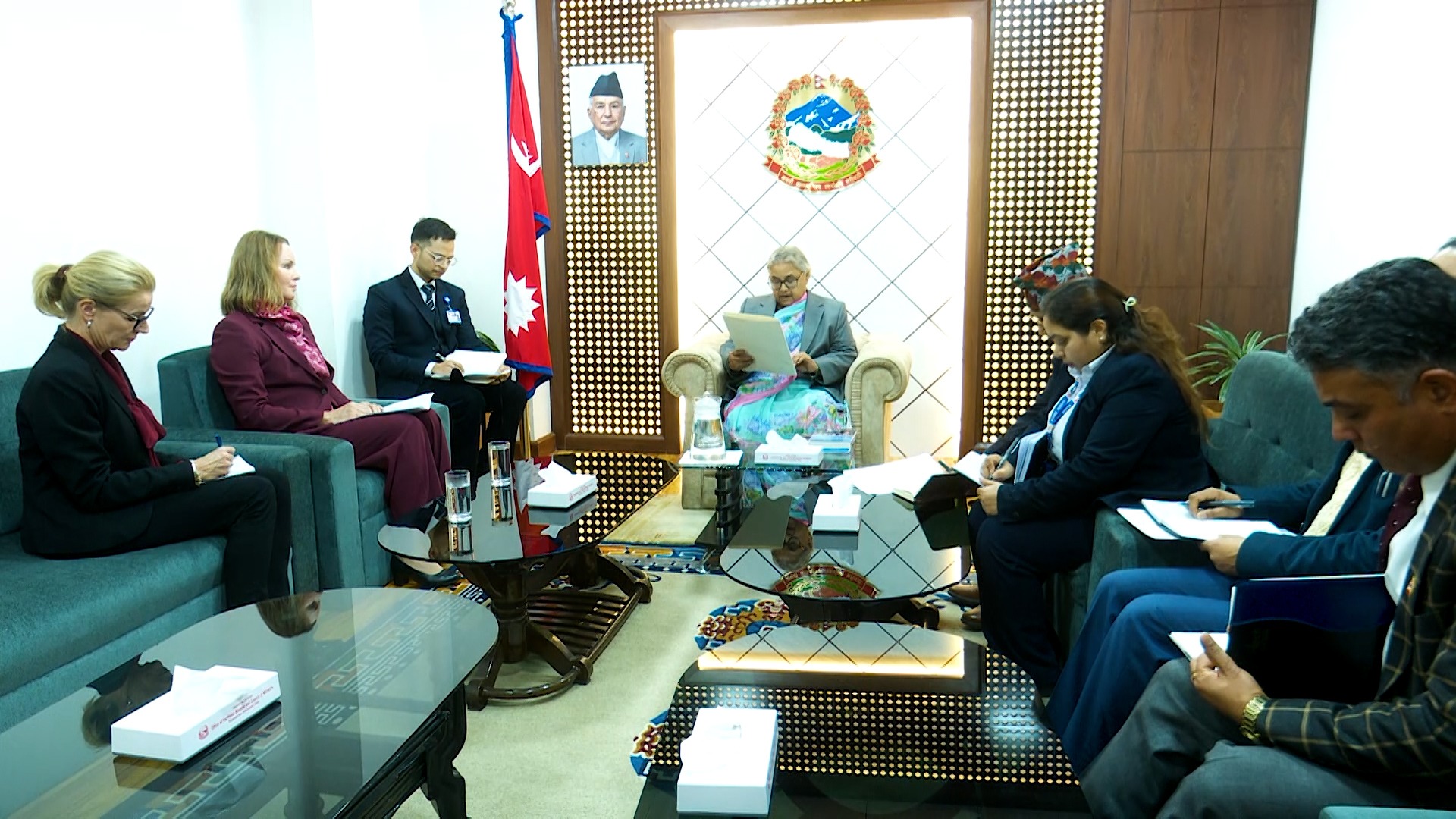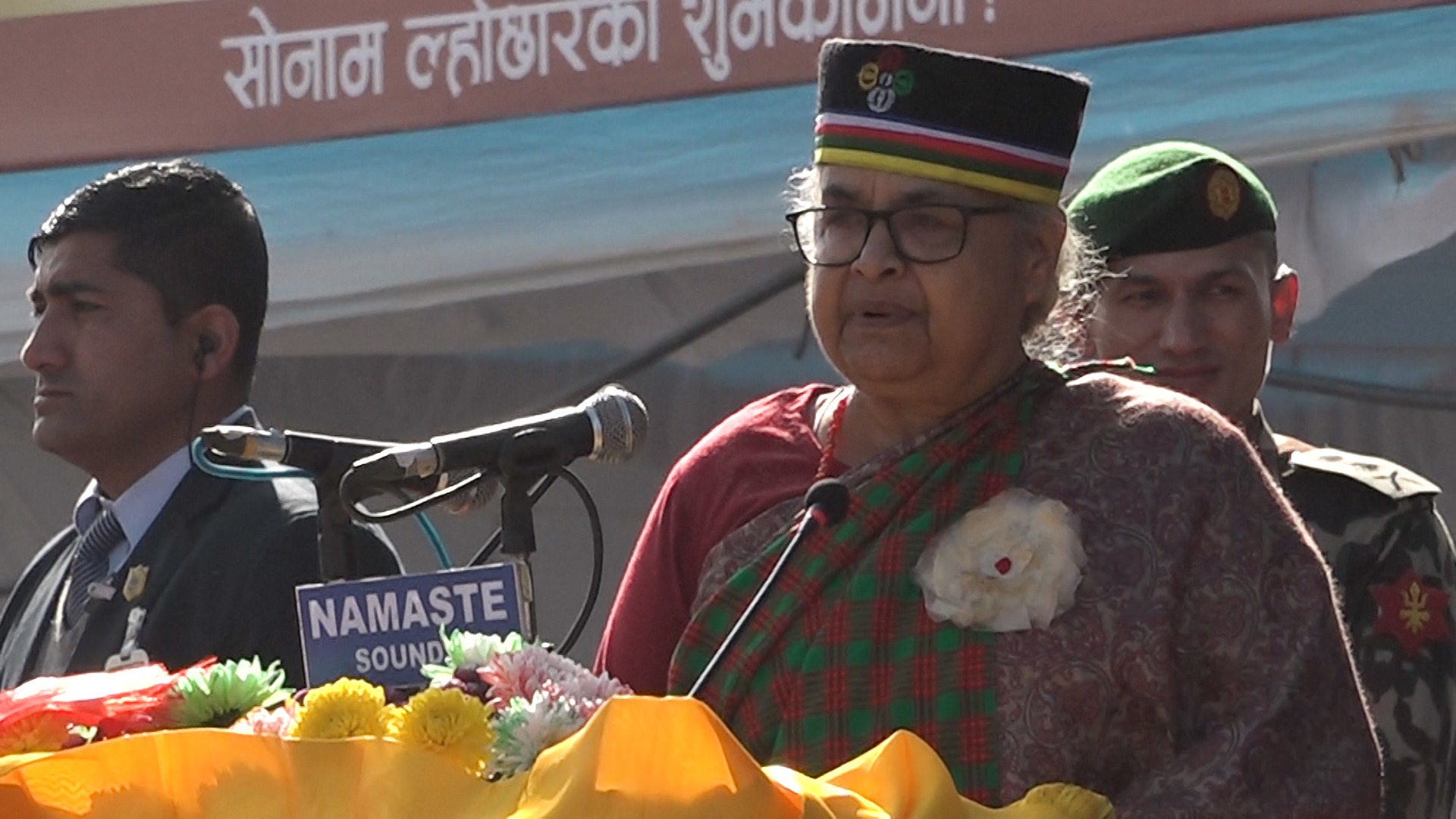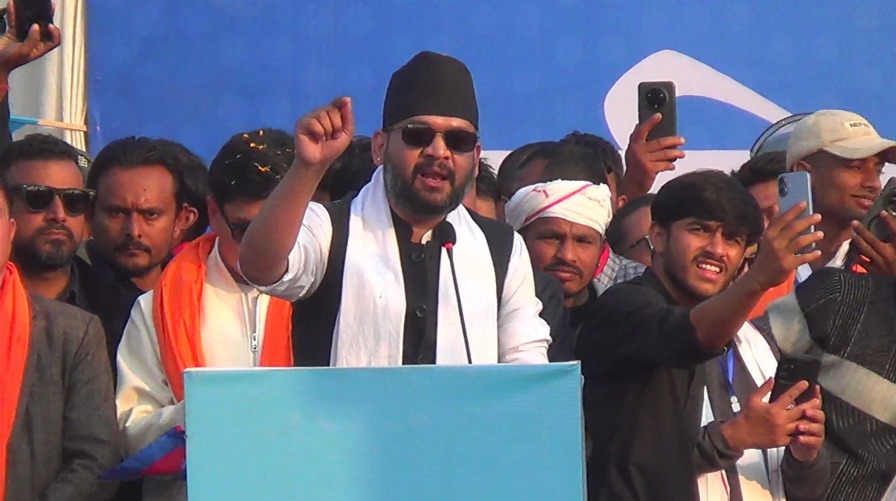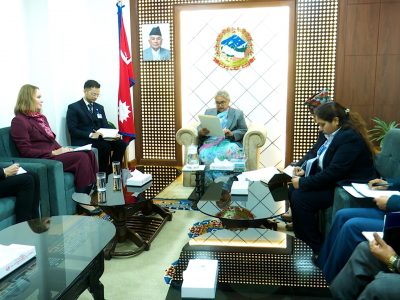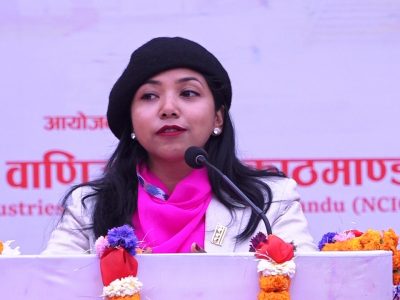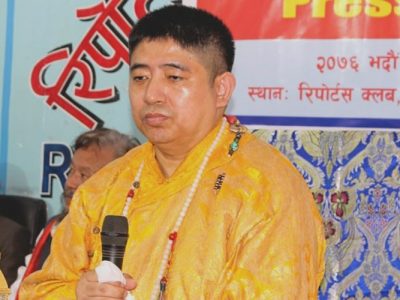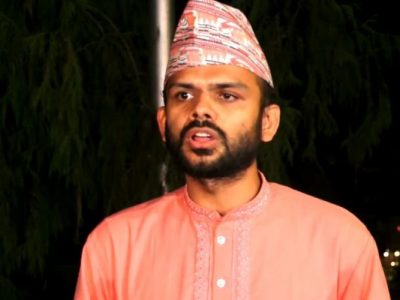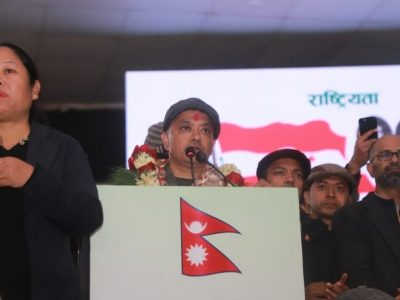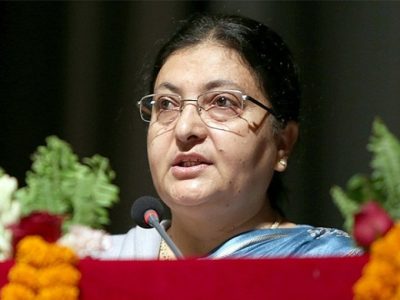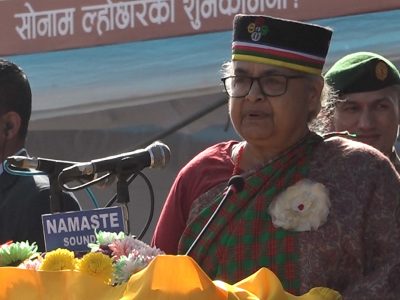Amnesty urges South Asian Governments to invest on COVID Response
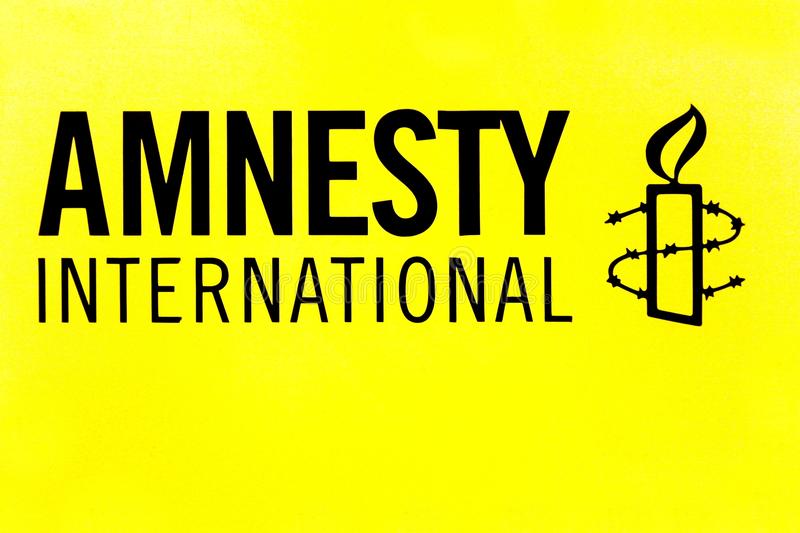
Amnesty International has said that the governments across South Asia must immediately address healthcare shortages and urgently strengthen their healthcare systems to respond to the rapid surge of COVID-19 cases in the region.
With India and Nepal’s healthcare systems reaching breaking point, the human rights organization expressed its concern over the lack of preparedness of other countries in the region for the virus’s latest and most deadly wave. Extremely low vaccination rates across South Asia have also left the region highly vulnerable, with pressing action needed at the global level to ensure more equitable access to vaccines.
“The human catastrophe that is unfolding in India and Nepal should be a warning to other countries in the region to invest heavily in surge capacity for an emergency response. The virus is spreading and transcending borders at a frightening speed and will continue to hit the region’s most marginalized populations hardest of all,” said Yamini Mishra, Amnesty International’s Asia-Pacific Director.
“We are at a critical point. Fewer than one in ten of the region’s population has been vaccinated. The decisions taken by governments in South Asia and across the world in the coming days and weeks will be crucial in mitigating the human cost of this latest surge.”
South Asia, home to a quarter of the world’s population, is fast becoming the new global epicentre of the COVID-19 pandemic. On 6 May, India reported more than 400,000 new cases in one day, taking its total tally of confirmed cases to 21.5 million, though this is likely to be a significant underestimate. As the disease ravages India, several south Asian nations are also facing a resurgence of cases.
Nepal, which shares a porous border with India, has already started to experience a massive spike in infections. According to WHO figures, daily cases increased 30-fold from 303 to 9,317, or an increase of 2,975%, between 12 April and 12 May. On Tuesday, Nepal recorded another 9,317 cases, bringing its total to 413,111.
After experiencing a second wave last year, Pakistan, Bangladesh, Afghanistan and Sri Lanka are also witnessing a surge with infections picking up sharply. The new Indian variant of coronavirus has been detected in Sri Lanka and Bangladesh, prompting authorities to close borders and ban travellers from India.
Strengthen surge capacity and protect the marginalized
According to media reports, hospital intensive care units in Pakistan, Bangladesh, Sri Lanka and Nepal are now full or close to capacity. According to the World Bank, South Asia has 0.6 hospital beds per 100,000 people against an average of five in high-income countries. With high rates of poverty, fragile health infrastructures, poor socio-economic conditions, inadequate social protection systems, limited access to water and sanitation facilities and inadequate living space, the new wave puts millions of lives in the region at risk.
“The disease has exacerbated an already dire healthcare situation in the region. Now, more than ever, South Asia’s governments should develop mechanisms for developing surge capacity to manage patient loads, sustain essential services, and reduce the social and economic impact of pandemic,” said Yamini Mishra.
International cooperation for equitable access to vaccines
From late January onwards, countries including Bangladesh, Nepal, and Sri Lanka started receiving vaccine doses through donations from India and other countries, as well as via commercial deals. Amid its current crisis, India temporarily halted exports of vaccines on 24 March to prioritise domestic requirements, leaving the region with a severe shortfall of vaccines. Vaccination rates across South Asia remain extremely low – in Pakistan, only 0.9 percent of the population have received one dose of the vaccine.
In a statement, Amnesty International has called on the international community to show solidarity and fulfil its human rights obligations to provide cooperation and assistance, by providing lifesaving medical tools and removing legal uncertainties and barriers that may impede the production and supply of vaccines as the disease continues to ravage the region.
“The new surge in cases poses a huge challenge to a region already struggling to vaccinate its population. In this time of crisis, the international community must come together and extend support to South Asian countries by ensuring equitable access to vaccines and prioritizing resource and technology transfer to produce vaccines locally,” said Mishra.
Except for the headline and the cover picture, this story has not been edited by DCNepal staff and is published from a syndicated feed by RSS.
Facebook Comment
latest Video
Trending News
- This Week
- This Month


